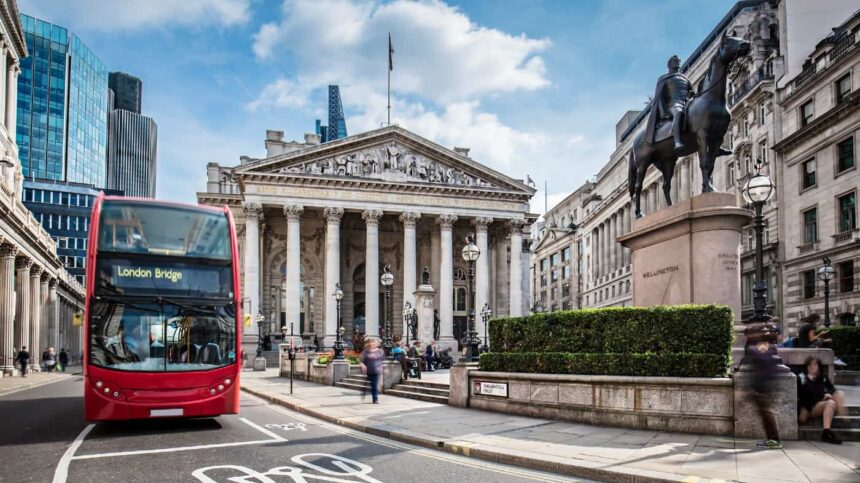
Image source: Getty Images
Looking at the UK stock market right now, there are some shares I think are cheap. Dirt cheap. Indeed, I have been taken advantage of this in recent months to buy cheap shares like ITV and Vodafone.
But cheap shares can always get cheaper still.
ITV is 6% lower now than at the start of the year – and has fallen 52% in five years. Vodafone has fallen 7% so far this year. It is worth less than half of its price five years ago.
When a share loses more than half its value in five years, that could signal that it is mispriced by the market and is a potential bargain.
But it could also suggest a business facing mounting difficulties, which might lead to even more share price declines in coming years.
So, ought I to keep scooping up what look to me like cheap shares? Or should I wait for the next stock market crash and hopefully buy them cheaper then?
The case for buying now
A key question I need to address when considering such a choice is: why are those seemingly cheap shares priced as they are?
It could be because other investors have soured on them due to current trends. A surging interest in AI shares, for example, has sucked support from some other less cutting edge but financially rewarding businesses.
On the other hand, maybe a share looks cheap because investors have cooled on its apparent business prospects — and rightly so.
In that case, it could turn out to be a value trap.
Take Synthomer as an example. The shares have fallen over 90% in just over two years, as the surging pandemic-era demand for latex products like surgical gloves cooled.
During that period, looking at its recent earnings, the shares may still have looked cheap. But that is a classic backwards-looking error.
However, if I do find a share that I think is not a value trap and has been marked down more than it deserves based on fundamentals, why wait to buy it? I do not think about what possible value I might get in future, I consider the value on offer to me at today’s price.
The case for waiting
Looking from the other side, though, I do see some reasons to wait and buy shares during the next crash.
A weak economy is often bad for businesses in general. So, even what I think currently look like cheap shares could get cheaper still if a weak economy hurts a company’s earnings.
It could also be that the shares are not as cheap as they currently seem precisely because the market is factoring in the expectation of such an earnings decline. In that case a low price-to-earnings ratio today may not be all that it seems.
I’m buying
My strategy is therefore twofold.
When I find cheap shares I think have been marked down unreasonably low relative to their business prospects, I would consider buying them today.
If there are shares that are not cheap but whose business prospects I also like, I will add them to my watchlist — in case the next crash makes them bargains.








